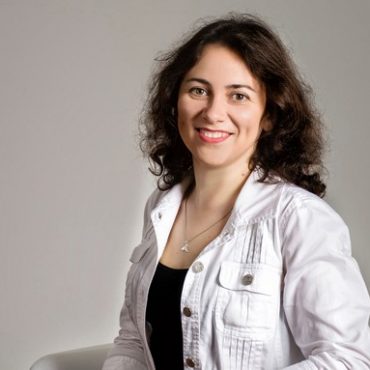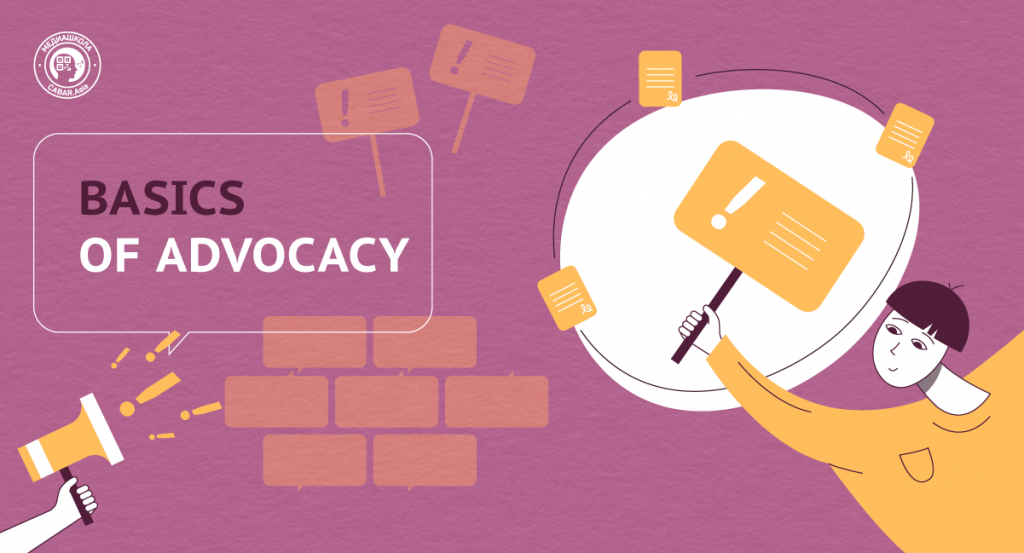What will you learn?
What is advocacy?
Advocacy approaches and the advocacy campaign cycle
Analytics and research in advocacy
Who are the "stakeholders" and what roles do they have in advocacy?
What is necessary to be aware of in order to conduct a successful advocacy campaign?
How to properly cooperate with stakeholders, work with the media and social networks?
Program
-
Module 1. What is advocacy?
This content is available in Russian
-
Module 2. Causes, consequences, and analysis of the Problem
This content is available in Russian
-
Module 3. Stakeholder analysis. Table of influence and interest
This content is available in Russian
-
Module 4. Key messages and communication channels. Pitching and Creativity
This content is available in Russian
-
Module 5. Working with the media. Social networks. Coalitions and partnerships
This content is available in Russian
Instructors

Tatiana Durneva
Head of the Ukrainian NGO "Group of Impact"
You have successfully subscribed to the Cabar.Asia Media School mailing list
You need to activate the subscription by confirming the mail we sent you.

Frequently asked questions
How to register for the course?
First you need to register on the site itself, then select the course that suits you from the “Courses” section and register for the course itself.
Will I receive a certificate after completing the course?
The certificate is received by those who have passed all the lessons within the course and passed the final test successfully (at least 80%).
What if I don’t pass the test?
After each module in the course there is an intermediate test and a general test at the end of the course. You are given 10 attempts to pass the test. If it fails from the first attempts, you can review the lesson and take the test again. After exhausting 10 attempts, the system will be blocked. You will need to register for the course again to complete it.
What to do if the site is down?
Write to us at the indicated contacts in the “Contacts” section or in social networks.
What should I do if my name on the certificate is different from the name in the passport?
When registering, initially enter your data correctly. If you have indicated other details, write to us. We will correct and send the certificate with the correct data.
Can I take several courses?
Yes. You can take several courses at once or in sequence.
How often are courses updated?
Courses that already exist are not updated. We add new courses after they are crated.
How to participate in your other events?
We conduct various training events for journalists and journalism students from Central Asian countries. You can track new events on our website or on pages on social networks and take part. Often you need to register or pass a competitive selection.
Can only residents of Central Asia take courses?
Online courses are available to absolutely everyone regardless of place of residence. Offline events take place in one of the CA countries.
I am not from the media sector, but I want to enroll in the course. Is it possible?
Yes, everyone can take online courses.
How long is the course?
The duration of each course is determined individually, depending on the content and complexity of the course. The average duration is from 6 to 8 weeks. During this period, you must complete all the lessons and pass the tests. If you didn’t finish on time, the system will be blocked. But you can overwrite and go through again.



